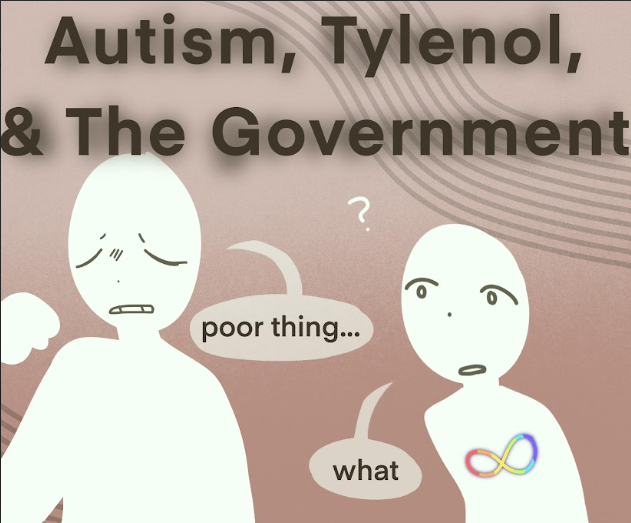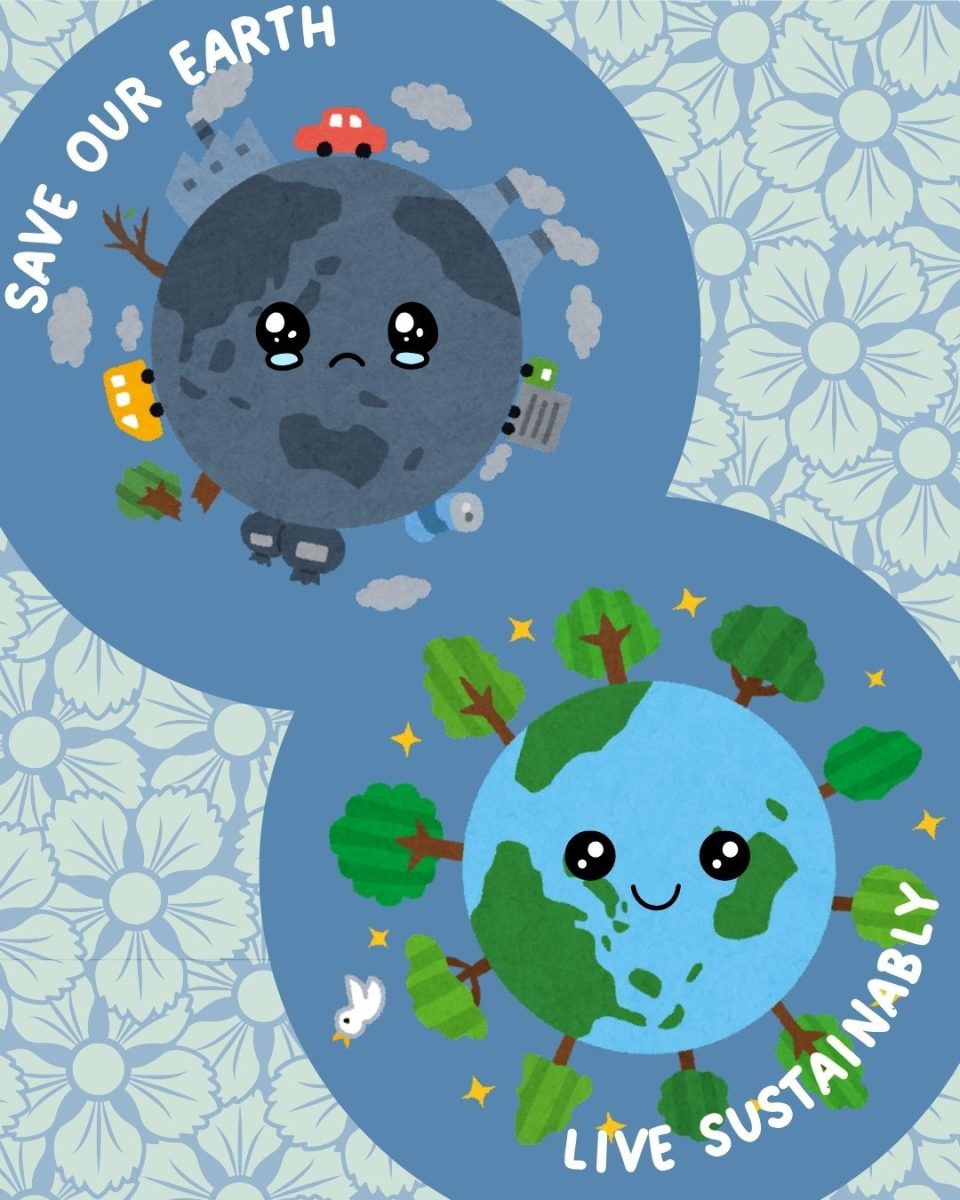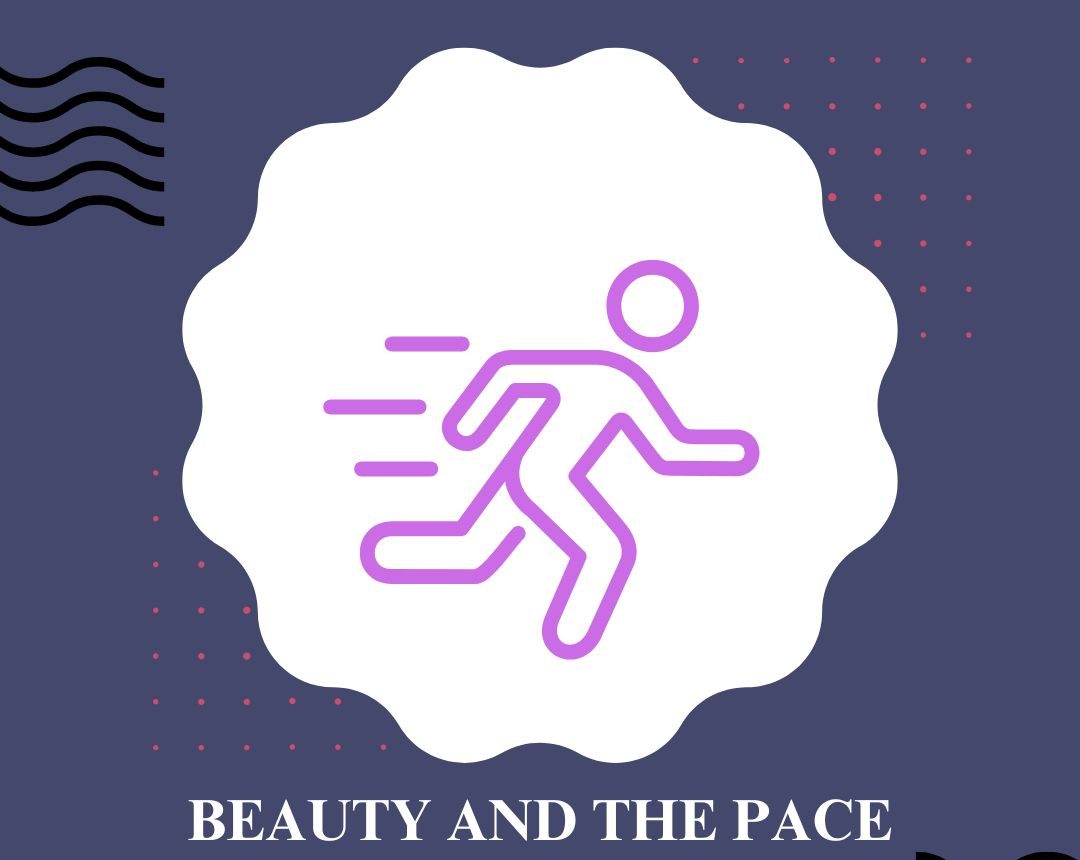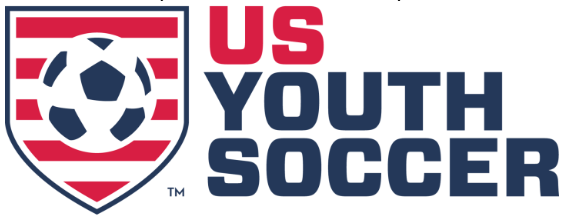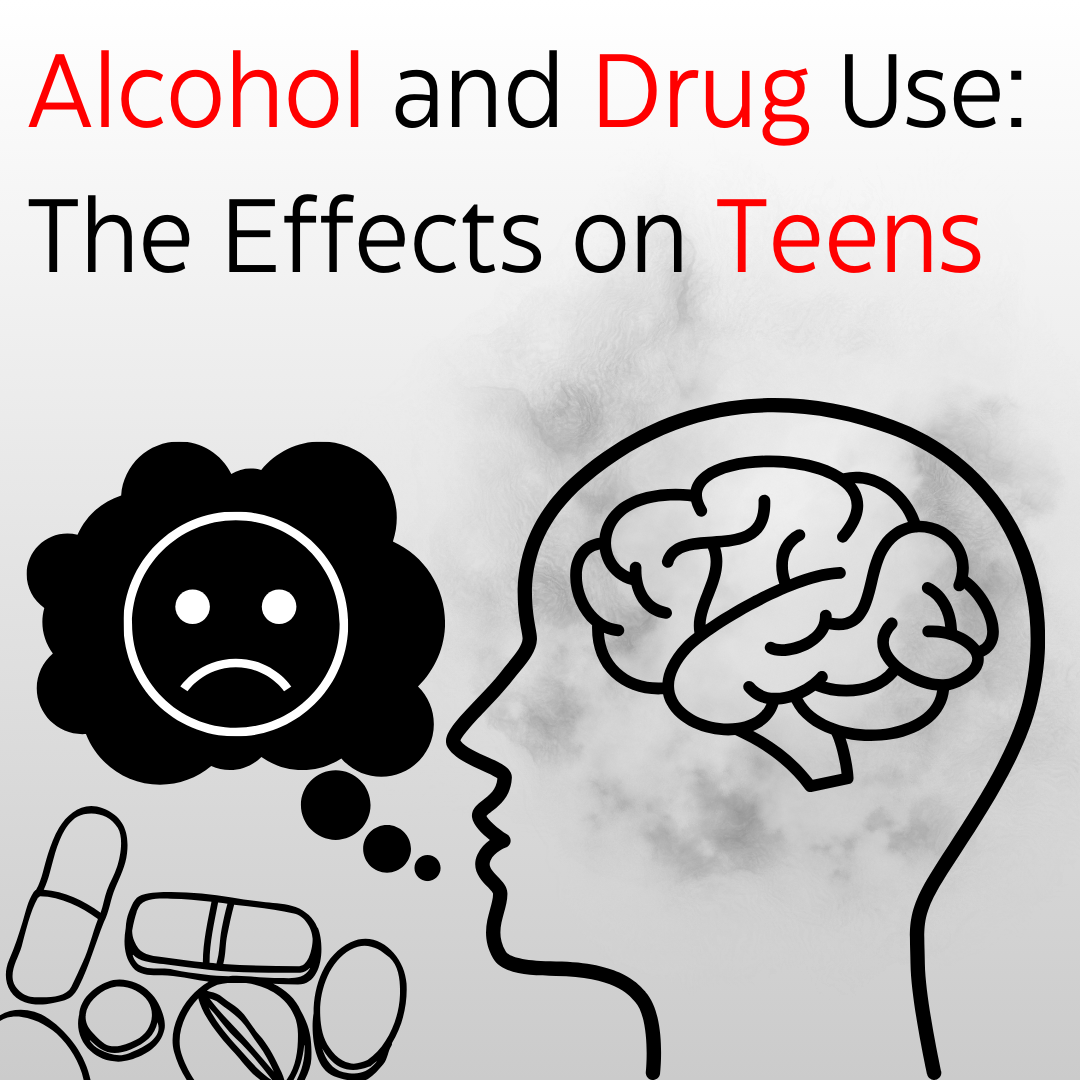Drug use by today’s youth is a serious problem. The abuse of drugs can produce many negative effects not only on the brain, but others around you as well. According to NCDAS (National Center for Drug Abuse Statistics), about 10.24% of teens in Nevada have abused drugs before, while 9.39% of teens have drunk alcohol before. Drugs and alcohol are dangerous, and they can take a serious toll on the body.
Many factors can lead to drug and alcohol abuse. One of these factors is a lack of self-esteem. Many teens tend to believe that abusing illegal substances can be a temporary escape from short or long-term problems, but this isn’t the case. Rather than abusing substances, making problems worse, one should talk to a trusted friend, family member, therapist, counselor, or social worker. Abusing drugs or simply thinking about the use of drugs should always be brought to attention immediately. Even if it feels like there’s nobody to help, there always is.
Another factor of drug use in youth is external influences. Sometimes, the issue is influences, including peer pressure. If someone is encouraging or in any way pushing something onto someone else that they feel uncomfortable with, they should distance themselves from them and should inform somebody about the situation.
Drinking alcohol or abusing drugs can affect the growth and production of vital organs in a teens body as well. For example, according to the NIH (National Institute on Alcohol Abuse), drugs can affect the brain by slowing down its communication systems and changing the appearance and way the brain works. lt can affect the pancreas by making it produce toxic substances in the body, which can cause hypersensitivity, difficulty breathing, rashes, etc. All organs can be severely affected by alcohol and drugs, which can cause slower development.
According to UAB Medicine, teens who have abused drugs or drunk alcohol have shown a visible stunt in academic growth. The abuse of alcohol and drugs can produce drastic effects on a teenagers emotional development, temper, ability to listen, etc. According to Sandstone Care, it can also stunt decision-making skills, and memory. These substances are able to affect the body physically too, as teens can develop tooth decay, abrupt weight changes, or poor physical coordination. Symptoms of drug or alcohol abuse tend to be related to physical and behavior changes. Behavioral signs include increased aggression, changes in personality, attitude, habits, etc.
In Nevada, minors in possession of illegal substances face penalties such as juvenile drug counseling, juvenile detention, probation, etc.
Drug and alcohol abuse shouldn’t be taken lightly. The consequences faced with doing these harmful activities can be life-altering for the individual, peers, and their family. Being inclusive and communicating with others about the risks of substance abuse can keep people informed. By being informed, we can turn the future youth to healthier and brighter futures. The road to recovery starts with a conversation. If you are struggling with substance abuse, call 1-800-662-4357 SAMHSA’s National Helpline (Substance Abuse and Mental Health Services Administration).



